As the world continues to embrace a more sustainable and compassionate way of living, the demand for plant-based alternatives to seafood is on the rise. With concerns about overfishing, ocean pollution, and the welfare of marine life, consumers are seeking delicious and nutritious alternatives that leave a lighter footprint on the planet. In this blog post, we'll dive into the exciting world of plant-based seafood alternatives, exploring their benefits, flavors, and the companies leading the way in innovation.
1. The Rise of Plant-Based Seafood:
The rise of plant-based seafood alternatives can be attributed to several key factors that have influenced consumer preferences and industry trends:
- Environmental Awareness:
- Health and Wellness:
Many consumers are adopting plant-based diets for health reasons, such as reducing cholesterol intake, lowering saturated fat consumption, and increasing fiber and nutrient intake. Plant-based seafood alternatives provide a healthy and nutritious option that aligns with these dietary goals.- Ethical Considerations:
Animal welfare concerns play a role in driving the demand for plant-based seafood alternatives. By choosing plant-based options, consumers can enjoy seafood flavors without the ethical dilemmas associated with traditional fishing practices and aquaculture.- Technological Advancements:
Advances in food science and technology have enabled companies to develop plant-based seafood products that closely mimic the taste, texture, and appearance of traditional seafood. These innovations have expanded the market for plant-based alternatives and attracted a broader range of consumers.- Culinary Innovation:
Chefs and food entrepreneurs are incorporating plant-based seafood alternatives into their menus and recipes, showcasing the versatility and creative potential of these products. From vegan sushi rolls to plant-based shrimp tacos, there are endless culinary possibilities with plant-based seafood.
- Market Demand:
The increasing popularity of plant-based diets and the rise of flexitarianism (reducing meat and seafood consumption without fully eliminating them) have created a strong demand for plant-based seafood alternatives. This demand has prompted food companies to invest in research, development, and marketing of plant-based seafood products.2. Health Benefits of Plant-Based Seafood:
Plant-based seafood offers a range of health benefits that make it an attractive option for individuals looking to improve their diet and overall well-being. Here are some of the key health benefits of plant-based seafood alternatives:
- Lower in Saturated Fat and Cholesterol:
- Rich in Omega-3 Fatty Acids:
Many plant-based seafood alternatives are fortified with omega-3 fatty acids, which are essential for brain function, heart health, and reducing inflammation in the body. Omega-3s are particularly abundant in sources like algae, which is commonly used to make plant-based fish oil supplements and seafood alternatives.
- High in Protein:
Plant-based seafood alternatives are often rich in protein, providing a valuable source of amino acids essential for building and repairing tissues, muscles, and organs. Protein is also important for supporting a healthy immune system and promoting satiety, helping to control appetite and manage weight.- Nutrient-Rich:
Plant-based seafood alternatives can be fortified with vitamins and minerals, such as vitamin B12, iron, calcium, and zinc, to ensure a well-rounded nutritional profile. These nutrients are vital for energy production, bone health, immune function, and overall vitality.- Lower Risk of Contaminants:
Plant-based seafood alternatives are generally free from contaminants commonly found in seafood, such as mercury, PCBs, and dioxins. By choosing plant-based options, individuals can reduce their exposure to harmful toxins and pollutants often associated with fish consumption.- Digestive Health:
Plant-based seafood alternatives are often easier to digest compared to animal-based seafood, making them a suitable option for individuals with digestive sensitivities or conditions like irritable bowel syndrome (IBS).- Allergy-Friendly:
Plant-based seafood alternatives are allergen-free, making them a safe choice for individuals with seafood allergies or sensitivities. They offer a delicious and satisfying alternative for those looking to avoid common allergens found in seafood, such as shellfish and fish proteins.3. Delicious Options to Satisfy Your Seafood Cravings:
There is a wide variety of plant-based seafood alternatives available on the market, catering to different tastes and culinary preferences. Here are some popular options:
- Plant-Based Shrimp:
Plant-based shrimp alternatives are made from ingredients like konjac, soy protein, or pea protein. They mimic the taste, texture, and appearance of real shrimp and can be used in a variety of dishes, such as stir-fries, pasta dishes, and salads.
- Plant-Based Fish Fillets:
Plant-based fish fillets are typically made from ingredients like soy protein, wheat gluten, or pea protein. They offer a flaky texture similar to traditional fish fillets and can be breaded and fried or baked for a delicious seafood experience.
- Plant-Based Crab Cakes:
Plant-based crab cakes are crafted from ingredients like jackfruit, chickpeas, or hearts of palm, seasoned with herbs and spices to replicate the flavors of traditional crab cakes. They are versatile and can be served as appetizers, sandwiches, or main dishes.
- Tuna Alternatives:
Plant-based tuna alternatives are usually made from ingredients like chickpeas, tofu, or seaweed, flavored with ingredients like lemon, dill, and mayo to mimic the taste of tuna salad. They can be used in sandwiches, wraps, salads, and sushi rolls.
- Vegan Caviar:
Plant-based caviar alternatives are created using ingredients like seaweed extract or tapioca pearls, offering a sustainable and cruelty-free alternative to traditional fish roe. They come in various flavors and colors, adding a gourmet touch to dishes.
- Scallop Alternatives:
Plant-based scallop alternatives are made from ingredients like mushrooms, king oyster mushrooms, or plant-based protein blends. They can be seared, grilled, or sautéed to achieve a tender and succulent texture similar to scallops.
- Lobster Alternatives:
Plant-based lobster alternatives are crafted from ingredients like hearts of palm, jackfruit, or soy protein, seasoned with buttery flavors and spices to replicate the taste of lobster meat. They can be used in dishes like lobster rolls, bisques, and pasta dishes.
These plant-based seafood alternatives offer a diverse range of options for consumers seeking sustainable and ethical alternatives to traditional seafood products. They showcase the culinary innovation and creativity of food companies and chefs in developing plant-based alternatives that deliver on taste, texture, and nutritional value.
4. Leading Innovators in the Plant-Based Seafood Industry:
The plant-based seafood industry is experiencing rapid growth and innovation, with several leading companies and startups driving advancements in this space. Here are some of the leading innovators in the plant-based seafood industry:
- Beyond Meat:
While primarily known for its plant-based meat products, Beyond Meat has expanded its portfolio to include plant-based seafood alternatives. The company is known for its innovative approach to food technology and has introduced products like Beyond Burger, Beyond Sausage, and Beyond Chicken Strips.
- Good Catch Foods:
Good Catch Foods specializes in plant-based seafood alternatives made from a blend of legumes, seaweed, and other plant-based ingredients. Their products include plant-based tuna, crab cakes, and fish fillets, offering a delicious and sustainable alternative to traditional seafood.
- Sophie's Kitchen:
Sophie's Kitchen is a pioneer in the plant-based seafood industry, offering a variety of plant-based seafood alternatives, including vegan shrimp, crab cakes, and smoked salmon. Their products are gluten-free, non-GMO, and free from artificial ingredients.
- Ocean Hugger Foods:
Ocean Hugger Foods is known for its innovative plant-based seafood alternatives, such as Ahimi (plant-based tuna) and Unami (plant-based eel). Their products are made from non-GMO ingredients like tomatoes, soy sauce, and seaweed, providing a realistic seafood experience without the environmental impact.
- New Wave Foods:
New Wave Foods focuses on creating sustainable plant-based seafood alternatives, with a particular emphasis on plant-based shrimp. Their shrimp alternatives are made from seaweed and plant proteins, offering a healthier and environmentally friendly option for seafood lovers.
- Goodfish:
Goodfish produces plant-based seafood snacks made from kelp, a nutrient-rich seaweed. Their products include Plant-Based Crab Cakes and Plant-Based Fish Bites, providing a convenient and sustainable snack option for consumers.
- BlueNalu:
BlueNalu is a cellular aquaculture company that aims to produce lab-grown seafood, including fish and shellfish, using cellular agriculture techniques. While not plant-based, their approach offers a sustainable and cruelty-free alternative to traditional seafood harvesting.
These innovators are at the forefront of the plant-based seafood industry, pushing boundaries and creating delicious and sustainable alternatives to traditional seafood products. Their commitment to environmental sustainability, ethical sourcing, and culinary excellence is driving the growth and popularity of plant-based seafood alternatives worldwide.
Conclusion:
As awareness grows about the environmental and ethical implications of traditional seafood production, plant-based alternatives offer a promising solution for conscientious consumers. By choosing plant-based seafood options, we can enjoy delicious meals while protecting the health of our oceans and marine life. Whether you're a seasoned vegan or simply looking to reduce your seafood consumption, there's never been a better time to explore the diverse and flavorful world of plant-based seafood alternatives.
Also Read:





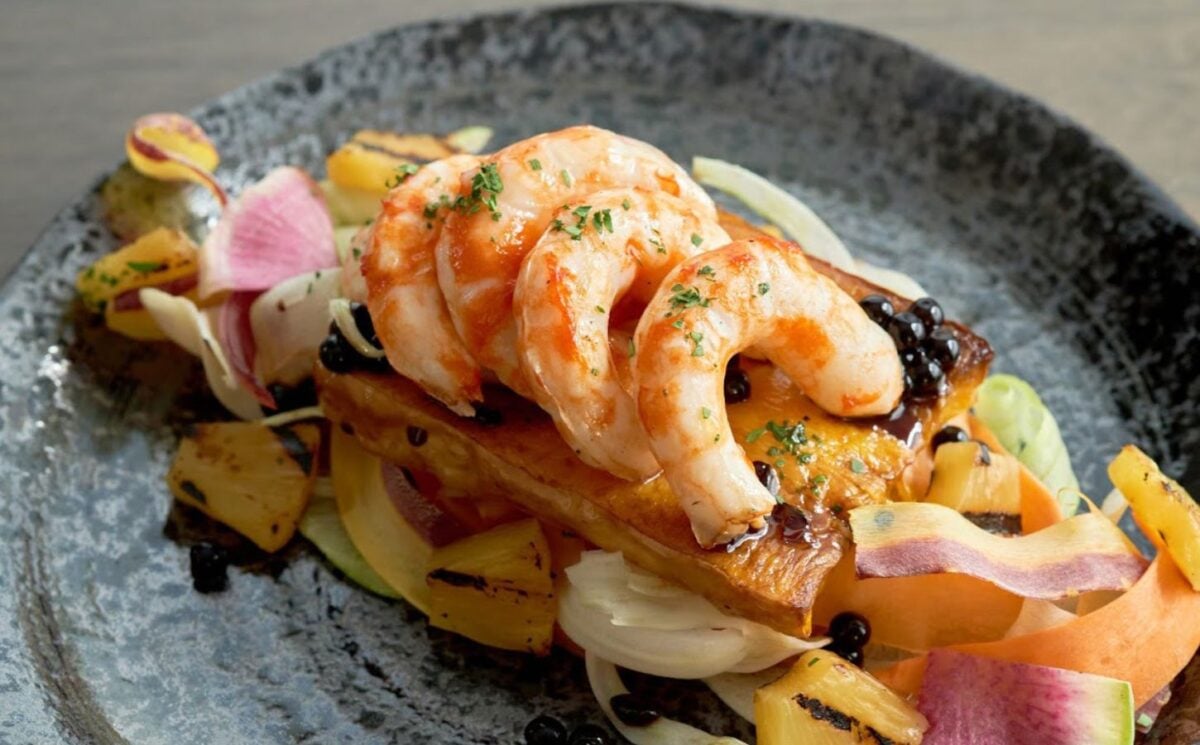

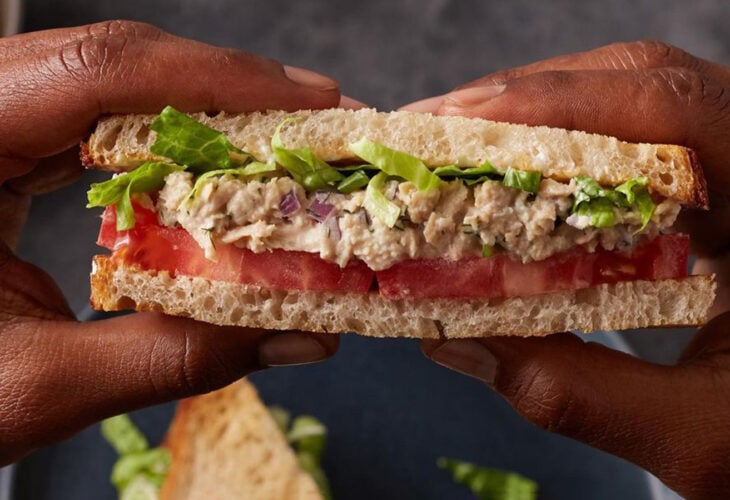
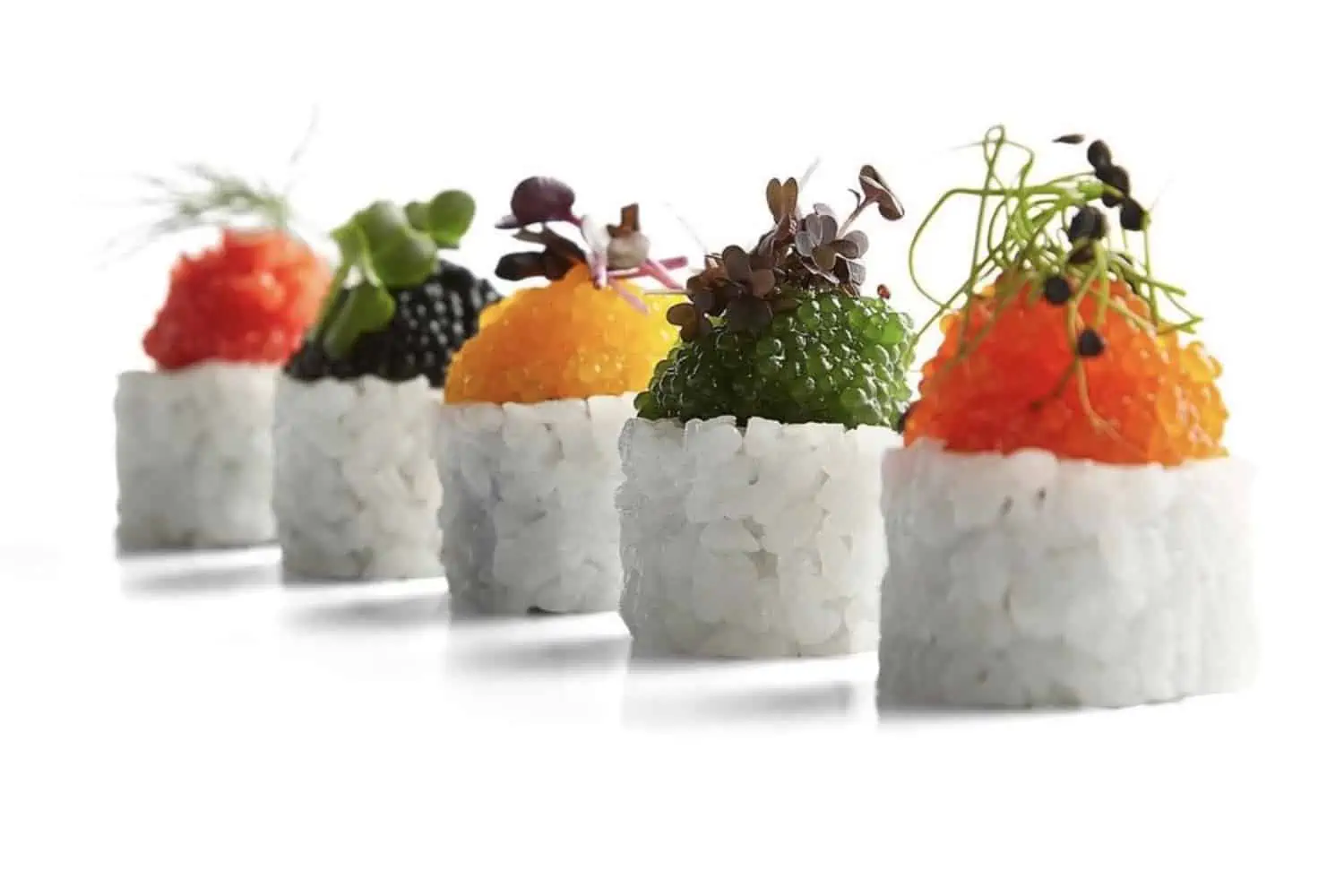


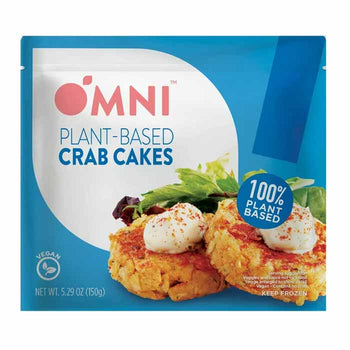





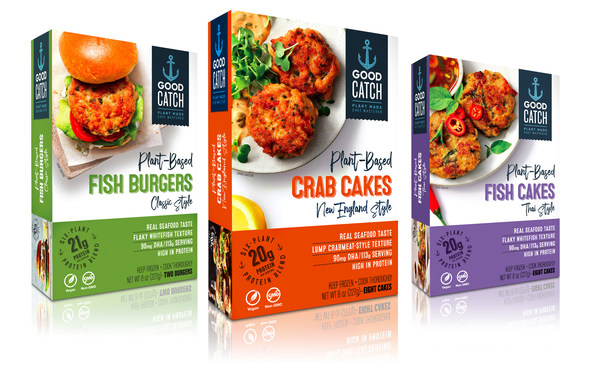
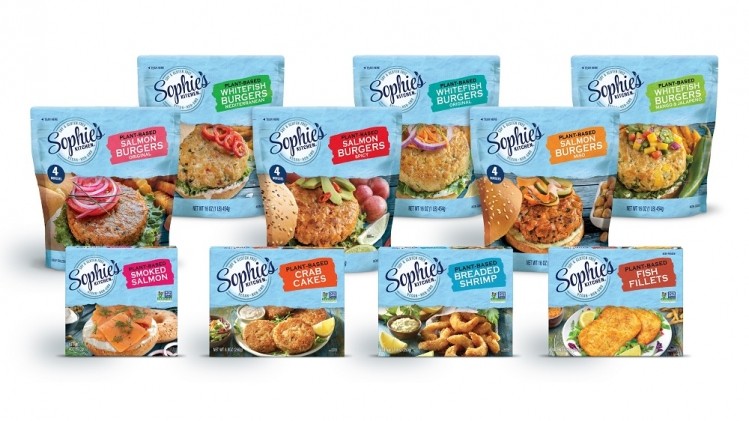
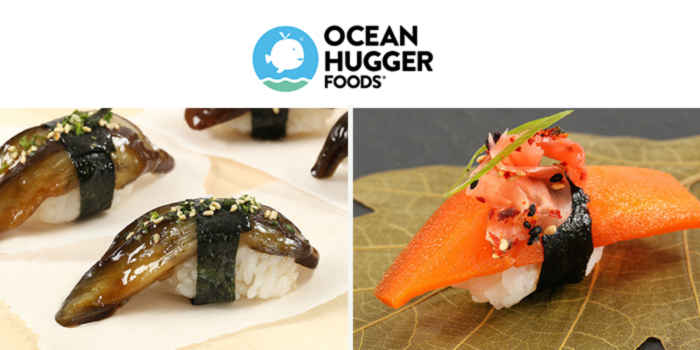
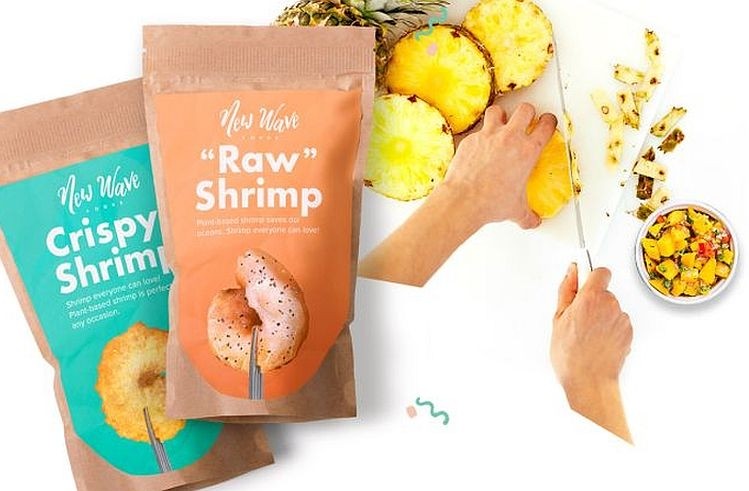






0 Comments